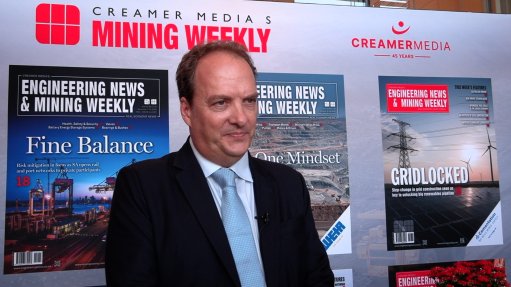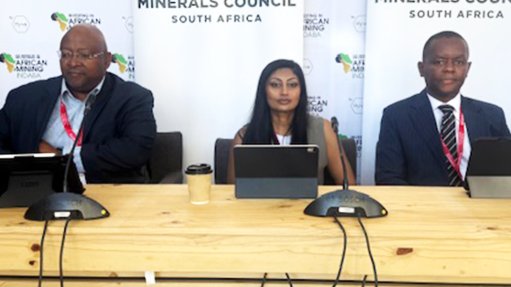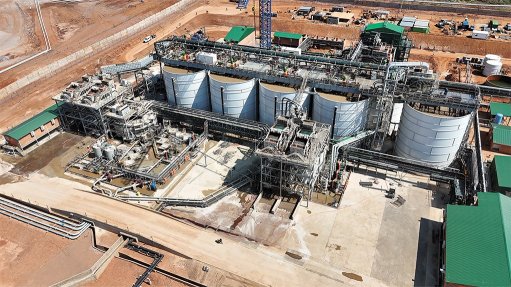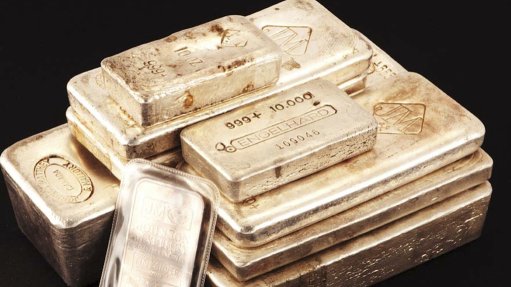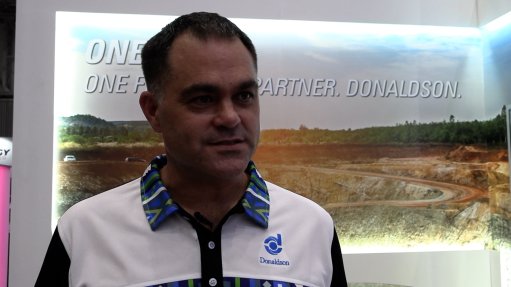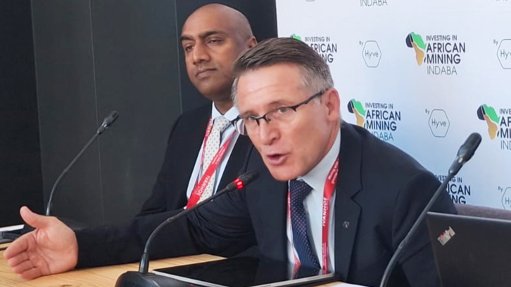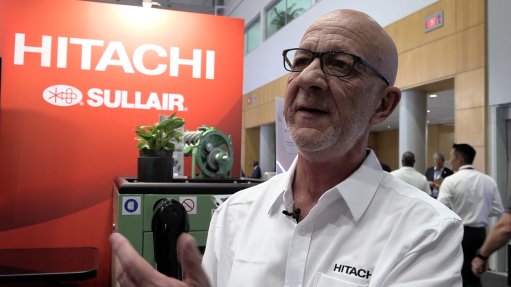Metal packaging increases circularity


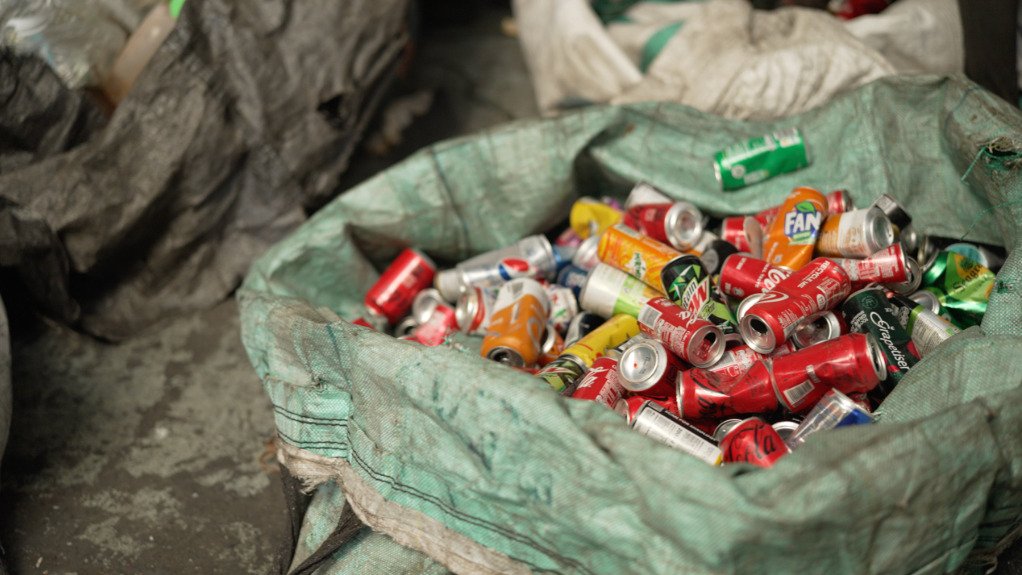
KISHAN SINGH Every recycled beverage can is a testament to the power of circularity. It returns to the shelf in as little as 60 days without losing quality or strength
STRENGTHENING COLLECTION By partnering with collectors, informal waste pickers and recyclers, MetPac-SA is helping to strengthen the collection infrastructure, create jobs and ensure a steady supply of high-quality recycled metal back into the system
Photo by MetPac-SA
As metal packaging continues to be one of the most sustainable and recyclable forms of packaging on the planet, producer responsibility organisation for metal packaging MetPac-SA continues to spearhead initiatives that increase the collection, recycling and circularity of metal packaging while supporting innovation and sustainable design.
MetPac-SA CEO Dr Kishan Singh states that metal packaging, whether it is aluminium beverage cans or ferrous metal containers, is “infinitely recyclable” without any loss of quality.
“Every can recycled saves energy, conserves natural resources and contributes to a greener economy. Our mission is to drive innovation in design and recycling while growing collection rates across South Africa,” explains Singh.
According to MetPac-SA, at the centre of this sustainability is designing for recyclability.
By optimising the can body or closure wall thickness through advanced forming techniques, manufacturers are able to reduce material use without compromising on strength or barrier performance.
This will directly lower raw material consumption and reduce energy use in production, thereby cutting carbon emissions. Additionally, the use of light-weighting and design optimisation will make it easier to recycle and conserve resources while maintaining product integrity.
Moreover, MetPac-SA promotes the use of mono-material designs, using single-metal systems or compatible alloys to eliminate contamination.
The company explains that, by avoiding the use of multi-material attachments or making them easy to detach, it ensures efficient recycling. Further, the standardisation and modularising of components, such as harmonising diameters and closures, further supports closed-loop systems, while making sorting easier.
The use of water-based or UV-curable inks and coating to replace solvent-based systems, meanwhile, reduces emissions and supports the requirements of eco-labelling.
Included in this is the use of laser etching or embossing for minimalist decoration, further reducing unnecessary layers and lowering complexity, while preserving the brand’s aesthetics.
Enhancing Circularity
A key goal for MetPac-SA is increasing the proportion of post-consumer recycled material in metal packaging, as defined by the Department of Forestry, Fisheries and the Environment’s Extended Producer Responsibility (EPR) regulations.
This excludes pre-consumer waste, ensuring that true consumer waste is brought back into the loop.
As such, MetPac-SA is actively encouraging producers to source and certify recycled aluminium and steel feedstock, working closely with suppliers to ensure traceability and quality.
Aluminium, in particular, stands out as “a star of circularity”, with about 75% of the 1.5-billion tonnes of aluminium ever produced still in use today. Globally, more than 30-million tonnes of aluminium scrap are recycled annually, saving up to 95% of the energy used to produce new aluminium from bauxite.
“Every recycled beverage can is a testament to the power of circularity. It returns to the shelf in as little as 60 days without losing quality or strength,” adds Singh.
Reducing Pollution
While metals are largely recycled, certain metal containers, such as tins, pails and specialty cans are also designed for re-use and re-fill, with durable, resealable and attractive designs that prolong their life.
According to MetPac-SA, packaging logistics are optimised by designing stackable, space-efficient containers that save material and reduce transport costs and carbon emissions.
Additionally, manufacturers adopt the use of lightweight alloys, energy-efficient equipment and clean production technologies to cut greenhouse-gas emissions and reduce air and water pollution.
“We encourage industry to not only think about the end-of-life of their products, but also the energy, logistics and environmental impact throughout the life cycle of the packaging,” explains Singh.
He cites reductions in emissions in coatings, design for reuse and optimisation of transport as measures that form part of the “bigger sustainability picture”.
Moreover, MetPac-SA is at the forefront of promoting responsible production and consumption of metal packaging through EPR schemes. These schemes incentivise producers to innovate, reduce waste and ensure that the materials they put on the market are collected, sorted and recycled efficiently.
Through partnerships with collectors, informal waste pickers and recyclers, MetPac-SA is helping to strengthen the collection infrastructure, create jobs and ensure a steady supply of high-quality recycled metal back into the system.
“South Africa has made great strides in metal packaging and recycling, thanks to the commitment of the industry and the tireless efforts of thousands of informal collectors who recover cans every day. Our role is to keep improving these systems, raising awareness and ensuring that more metal stays in circulation – not in landfills,” notes Singh.
Metal packaging, with its “infinite recyclability”, durability and energy-saving potential, remains a “cornerstone of a circular economy”.
MetPac-SA’s efforts to advance sustainable design, improve collection and recycling rates and educate consumers highlight the vital role of metal in reducing environmental impact.
“The circular economy is not just a vision — it’s a reality we’re building every day through innovation, collaboration, and action. Metal packaging is proof that sustainability and performance can go hand in hand,” concludes Singh.
Article Enquiry
Email Article
Save Article
Feedback
To advertise email advertising@creamermedia.co.za or click here
Press Office
Announcements
What's On
Subscribe to improve your user experience...
Option 1 (equivalent of R125 a month):
Receive a weekly copy of Creamer Media's Engineering News & Mining Weekly magazine
(print copy for those in South Africa and e-magazine for those outside of South Africa)
Receive daily email newsletters
Access to full search results
Access archive of magazine back copies
Access to Projects in Progress
Access to ONE Research Report of your choice in PDF format
Option 2 (equivalent of R375 a month):
All benefits from Option 1
PLUS
Access to Creamer Media's Research Channel Africa for ALL Research Reports, in PDF format, on various industrial and mining sectors
including Electricity; Water; Energy Transition; Hydrogen; Roads, Rail and Ports; Coal; Gold; Platinum; Battery Metals; etc.
Already a subscriber?
Forgotten your password?
Receive weekly copy of Creamer Media's Engineering News & Mining Weekly magazine (print copy for those in South Africa and e-magazine for those outside of South Africa)
➕
Recieve daily email newsletters
➕
Access to full search results
➕
Access archive of magazine back copies
➕
Access to Projects in Progress
➕
Access to ONE Research Report of your choice in PDF format
RESEARCH CHANNEL AFRICA
R4500 (equivalent of R375 a month)
SUBSCRIBEAll benefits from Option 1
➕
Access to Creamer Media's Research Channel Africa for ALL Research Reports on various industrial and mining sectors, in PDF format, including on:
Electricity
➕
Water
➕
Energy Transition
➕
Hydrogen
➕
Roads, Rail and Ports
➕
Coal
➕
Gold
➕
Platinum
➕
Battery Metals
➕
etc.
Receive all benefits from Option 1 or Option 2 delivered to numerous people at your company
➕
Multiple User names and Passwords for simultaneous log-ins
➕
Intranet integration access to all in your organisation










